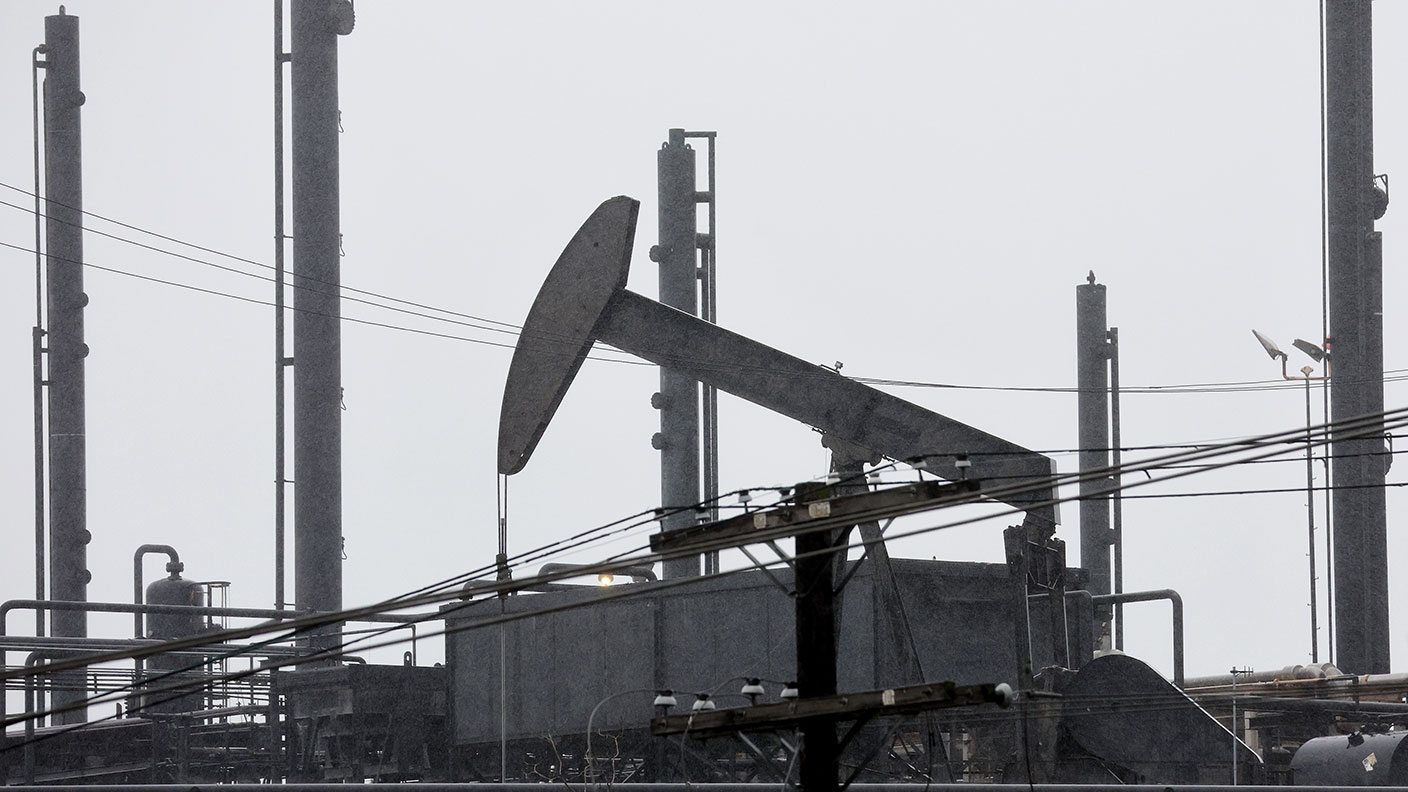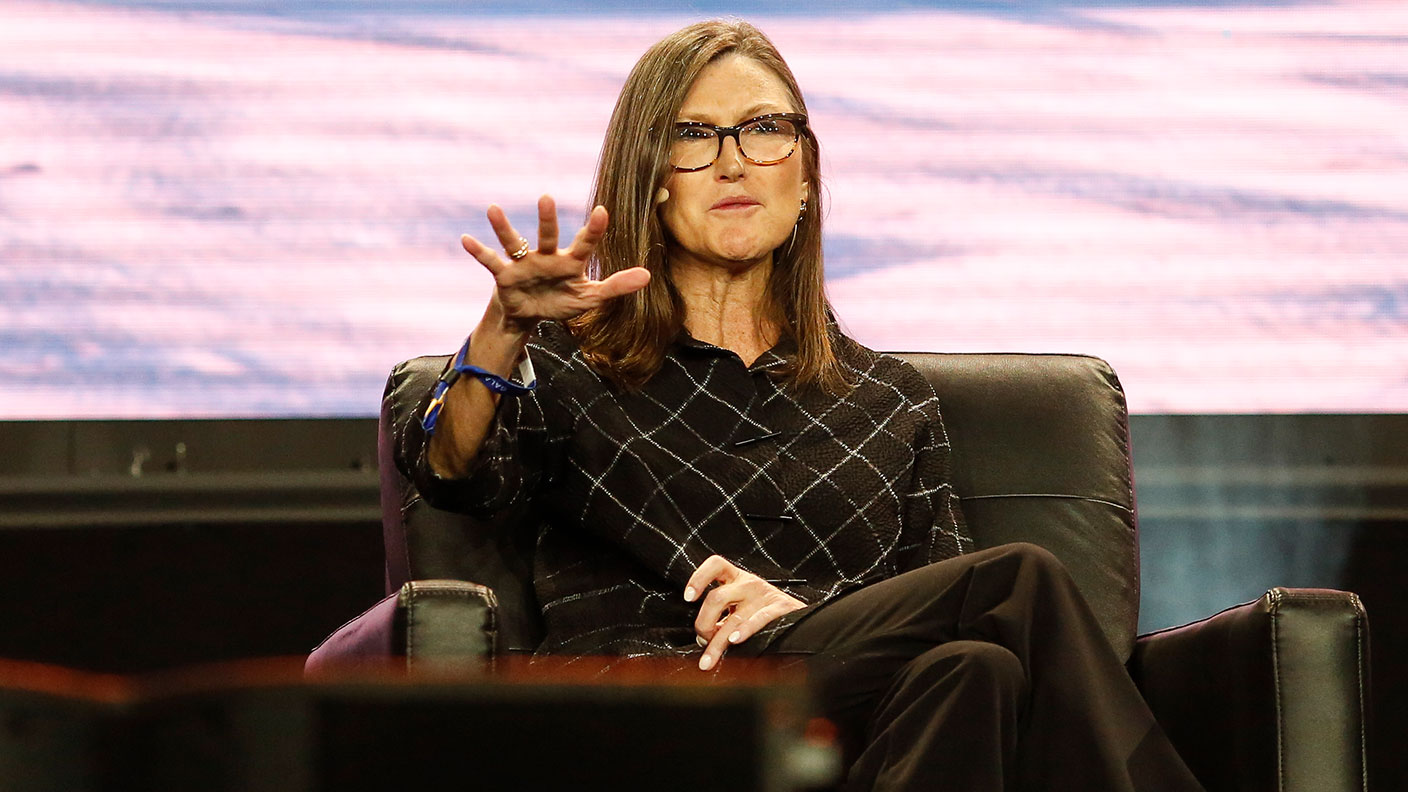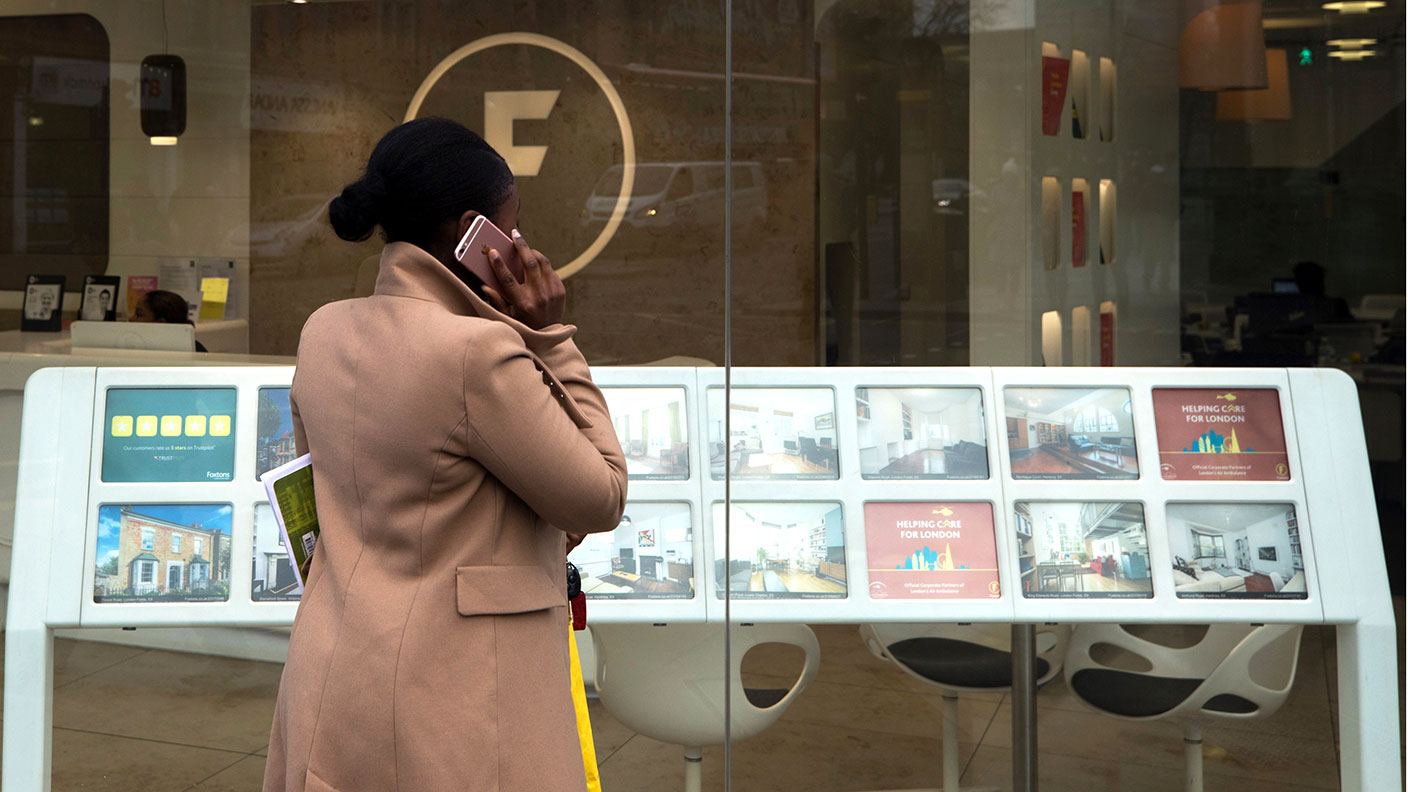Frisby’s forecasts: here’s what’s definitely going to happen in 2020 (maybe)
From climate change to stocks, currencies and house prices, Dominic Frisby gets out his crystal ball and predicts what he thinks might happen in 2020.


Get the latest financial news, insights and expert analysis from our award-winning MoneyWeek team, to help you understand what really matters when it comes to your finances.
You are now subscribed
Your newsletter sign-up was successful
Want to add more newsletters?

Twice daily
MoneyWeek
Get the latest financial news, insights and expert analysis from our award-winning MoneyWeek team, to help you understand what really matters when it comes to your finances.

Four times a week
Look After My Bills
Sign up to our free money-saving newsletter, filled with the latest news and expert advice to help you find the best tips and deals for managing your bills. Start saving today!
Crikey, things are so busy back at work, it’s as though Christmas never happened. But it did, of course – and this is my first Money Morning of the new year. So, as tradition demands, it’s the Money Morning in which I get out my crystal ball and make ten predictions about the year ahead.
Want to know what’s going to happen in 2020? I spell it all out for you here.
Gold, oil, equities – and all the rest of it
A quick reminder of the scoring system (I like to attach at least some sort of accountability to my forecasts).
MoneyWeek
Subscribe to MoneyWeek today and get your first six magazine issues absolutely FREE

Sign up to Money Morning
Don't miss the latest investment and personal finances news, market analysis, plus money-saving tips with our free twice-daily newsletter
Don't miss the latest investment and personal finances news, market analysis, plus money-saving tips with our free twice-daily newsletter
At the end of the year, I’ll get out my pen and mark the ten predictions I make here. I get two points for an exact hit (rare); one point for roughly right; nothing for a miss; and minus one for a howling error.
Change is gradual. Often you don’t notice it in real time – sudden events aside – but when you take a step back and look at the world now compared to the world 12 months ago, the effects of constant, incremental, daily evolution become apparent.
So I find this annual exercise quite valuable, because it makes that incremental change more apparent. A lot can happen in the investment landscape over the course of a year.
I should perhaps be making ten predictions about the next decade, given that it’s 2020. Gosh, a lot can change over a decade. There’s a famous quotation which I think has been attributed to Bill Gates, about how we overestimate what can happen in a year and underestimate what can happen in ten.
Ten years ago we barely had smartphones. I think we were on, perhaps, the iPhone 3. The world certainly wasn’t glued/addicted to its phone in the way that it is now. Over the next ten years we are going to see all sorts. If some of the videos I’ve been watching on Twitter are anything to go by, many of us will have some kind of personal flying device – a hoverboard or a jet pack of some kind. But not just yet.
Actually, I think in next week’s Money Morning I’ll make ten predictions for the next decade, then come back and revisit in 2030 (if I’m still writing this column then).
But back to 2020. Here goes:
1. Politics: the climate change backlash
Post-Brexit, climate change becomes the next big political battleground. It’s amazing that something like climate change should be so politicised, but that is what has happened. Broadly speaking, the authoritarian centre and left think climate change is a major issue and demand greater intervention; the other side is more sceptical about the science, they don’t think climate change is such a major issue and that it’s being used as a means to implement greater social control.
Currently the sceptical view carries very little legitimacy, and those who articulate it are ostracised. Politicians and large corporations largely pander to the movement, often because it’s not worth their while to challenge some of the arguments, such is the vehemence with which the arguments are made. In 2020, however, the sceptical view gains greater prominence, spreads into the mainstream and is, thus, more legitimised.
2. Gold’s bull market continues
Gold is in a bull market. If it’s not one thing driving it higher, it’s something else. Last night, as Iran hit US military bases with missile strikes, gold busted through $1,600 an ounce. It was $1,480 just before Christmas. A year ago it was sitting below $1,300.
The bull market continues into 2020. However, rather than break out to all-time highs, we see consolidation, backing and filling. The $1,360-80 area which for maybe five years was resistance is now support, and gold never strays below. Gold prices above $1,600 become more commonplace.
3. UK interest rates: no change
Nothing to see here. No significant change.
4. The US dollar: a gentle decline
2019 was a year of meandering for the US dollar index and it ended the year pretty much where it began. 2020 sees more downward bias. Currently at 96, the US dollar index goes into the low 90s (perhaps even the high 80s).
5. Sterling: a recovery
Sterling finds some strength, and makes its way back towards levels last seen before the referendum vote. It heads into the $1.40s and €1.20s
6. Oil: it’s going up
Like them or loathe them, fossil fuels still supply 80% of the world’s energy. Oil remains in something of a bull market. Brent doesn’t go below $60. Instead it makes its way into the high $70s. Perhaps even beyond.
7. The UK housing market: flat as a pancake
Activity picks up a little, but prices remain flat.
8. Tax: don’t get your hopes up
Chancellor Sajid Javid takes everyone by surprise by acting on the great opportunity the government’s large majority has granted him. He brings dramatic reform to our tax system, making it simpler and more equitable. Only kidding. It’s another opportunity missed and he just tinkers round the edges, adding a little here and taking away a little there.
9. UK equities: the FTSE 100 hits new highs
It’s a good year for stocks. The FTSE doesn’t go below 7,000. Instead, it breaks out to new highs.
10. US equities: the S&P 500 just keeps going
US stocks do even better. The S&P 500 stays north of 3,000. It goes above 3,600. The S&P at 4,000 becomes a conversation point, although in 2020 it stays below that level.
11. The footie
And, finally, your Bruce-y bonus sports prediction. Liverpool win the league. Norwich, Aston Villa and Bournemouth are relegated. I say those latter two names with very little conviction. Newcastle and West Ham both also look like likely candidates to me.
So there we are. Everything you need to know about the year ahead. Here’s to a great 2020.
Daylight Robbery – How Tax Shaped The Past And Will Change The Future is available at Amazon and all good bookstores with the audiobook, read by Dominic, on Audible and elsewhere. If you want a signed copy, you can order one here.
Get the latest financial news, insights and expert analysis from our award-winning MoneyWeek team, to help you understand what really matters when it comes to your finances.

-
 Can mining stocks deliver golden gains?
Can mining stocks deliver golden gains?With gold and silver prices having outperformed the stock markets last year, mining stocks can be an effective, if volatile, means of gaining exposure
-
 8 ways the ‘sandwich generation’ can protect wealth
8 ways the ‘sandwich generation’ can protect wealthPeople squeezed between caring for ageing parents and adult children or younger grandchildren – known as the ‘sandwich generation’ – are at risk of neglecting their own financial planning. Here’s how to protect yourself and your loved ones’ wealth.
-
 Are UK house prices set to fall? It’s not so simple
Are UK house prices set to fall? It’s not so simpleAnalysis Figures suggest UK house prices are starting to slide, but we shouldn’t take these numbers at face value, explains Rupert Hargreaves.
-
 Tesco looks well-placed to ride out the cost of living crisis – investors take note
Tesco looks well-placed to ride out the cost of living crisis – investors take noteAnalysis Surging inflation is bad news for retailers. But supermarket giant Tesco looks better placed to cope than most, says Rupert Hargreaves.
-
 It may not look like it, but the UK housing market is cooling off
It may not look like it, but the UK housing market is cooling offAnalysis Recent house price statistics show UK house prices rising. But John Stepek explains why the market is in fact slowing down and what this means for you.
-
 Think the oil price is high now? You ain’t seen nothing yet
Think the oil price is high now? You ain’t seen nothing yetAnalysis The oil price has been on a tear in recent months. Dominic Frisby explains why oil in fact is still very cheap relative to other assets.
-
 What can markets tell us about the economy and geopolitics?
What can markets tell us about the economy and geopolitics?Sponsored Markets have remained resilient despite Russia's war with Ukraine. Max King rounds up how reliable the stockmarket is in predicting economic outlooks.
-
 The tech bubble has burst – but I still want a Peloton
The tech bubble has burst – but I still want a PelotonAnalysis Peloton was one of the big winners from the Covid tech boom. But it's fallen over 90% as the tech stock bubble bursts and and everything else falls in tandem. Here, Dominic Frisby explains where to hide as markets crash.
-
 The market is adjusting to a new “short dreams, long reality” world
The market is adjusting to a new “short dreams, long reality” worldAnalysis As interest rates rise, things are starting to change, says John Stepek. Reality is biting back. Gone are the fanciful ideas built on hope – a business now needs a solid foundation.
-
 Are UK house prices heading for a fall?
Are UK house prices heading for a fall?Analysis UK house-price growth is slowing as interest rates rise. But interest rates aren’t all that matters for house prices, says John Stepek.